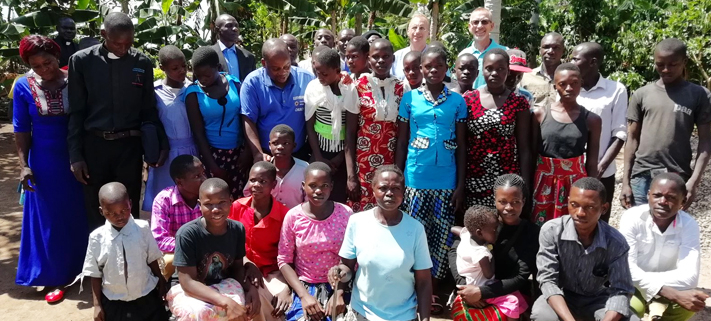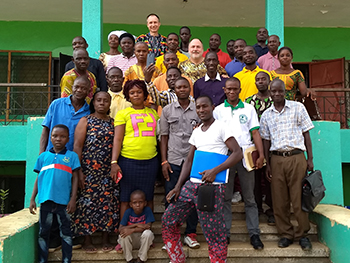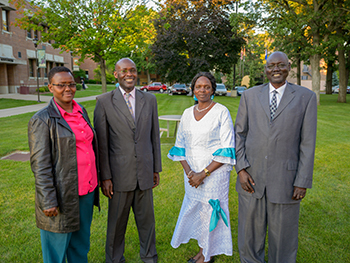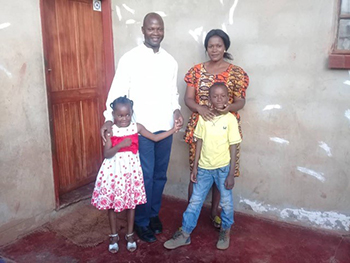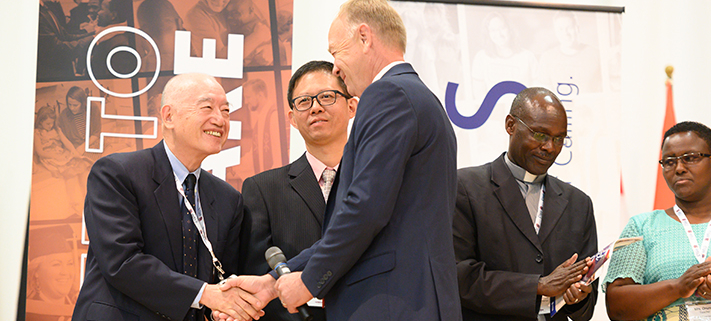Originally appears in the One Africa Team blog, from September 7, 2021.
We want each of you to show this same diligence to the very end so that what you hope for may be fully realized (Hebrews 6:11).
In November 2019 I was ready to pack my bags and move to Nairobi. Then COVID-19 ended all international travel. One Africa Team Missionaries canceled all their planned trips to Uganda, Liberia, and other parts of Africa – full stop. But the global pandemic didn’t stop God’s kingdom or the gospel ministry of the LCMC (The Lutheran Congregations in Mission for Christ) Kenya from moving forward.
The LCMC (The Lutheran Congregations in Mission for Christ) Kenya declared fellowship with the WELS in the summer of 2019. Due to the pandemic, no WELS representatives paid them a formal visit. Some LCMC Kenya members wondered if they truly enjoyed a relationship with other confessional Lutherans outside of Kenya. They had to hope that their leaders were telling them the truth.
For 21 months, I kept in touch with One Africa Team’s ministry partners in Kenya from a distance. I helped coordinate ministry support from 1,200 miles away in Malawi, using e-mail, instant messaging platforms, and online teleconferencing. I received regular updates and phone calls. I taught Biblical Greek to students I had never met in person. Since I’ve always believed that “the house going pastor makes a church-going people,” I questioned my own effectiveness. I had to hope that God was in charge.
There was evidence of activity: photos of church building projects, expense reports, and videos of joyful church dedications. There was evidence of progress. There was evidence of financial support. But can a long-distance relationship last without meeting face to face?
In August 2021, One Africa Team leader Howard Mohlke and I visited our Lutheran brothers and sisters in Kenya. We wanted to solidify our partnership. We also wanted to give the members of the LCMC Kenya a chance to say, “Thank you” in person. There is a phrase in the Luo language that captures the goal of our visit. “Pakuwa pakhawa” means, “Our hope has been realized.”
Masaai Land
The area around Nairobi is the homeland of the Masaai people, who traditionally were hunter-gatherers and raised livestock. Near the Masaai town of Ngong, Pastor Frank Koyo serves a Masaai congregation at Olissi Lutheran Church. The church building is located at the end of a dirt path on top of a mountain. It is a most beautiful, if not remote place from which you can see the surrounding countryside. A Finnish Lutheran missionary helped the congregation put up a simple tin shack. Built a decade ago, it is still in pretty good shape. Pastor Koyo works as a plumber and has to walk down a steep hill to catch a bus to town. During the rainy season, the road is so slippery that it is impassable even on foot.
About 45 minutes away by car is Kibiku, the location of another Masaai congregation that is currently inactive.
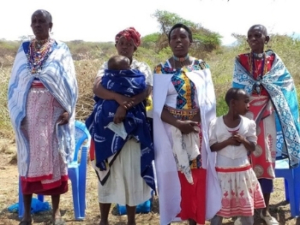
Masaai members of Elkimasek LCMC Kenya
Since there’s no road, we made our own path up a hilltop. We found a Pentecostal church put up next to the Lutheran chapel. Pastor Koyo was serving the church but eventually stopped since the congregation’s offerings didn’t cover the cost of his transportation. The harvest is great, but the workers are few.
We then drove about two hours to another Masasi congregation in Elkimasek. Before his death, a member of the LCMC Kenya donated his land for a church building. A dozen or so adult men and women greeted us under a shade tree. The arid land sits on a volcanic plain where sheep and goats graze on scrub grass. The closest elementary school is 6 km away. Students occasionally encounter elephants and hyenas on their morning walk to class.
Western Kenya
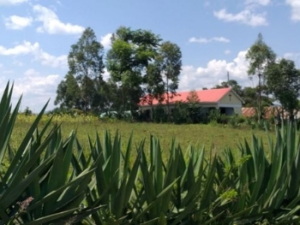
God Miaha LCMC Kenya
There is a large concentration of LCMC congregations in Western Kenya. We drove seven hours from Nairobi to the town of Sondu. We passed through mountain forests, deserts, and huge fields of wheat and corn. We saw lush tea plantations and hills covered with cultivated farm plots. Some parts of Kenya are in the rain shadow and receive little or no rain throughout the year. Other areas are perpetually dripping with rain.
God Miaha is a beautiful chapel in the woods. Patrice Omolo recovered from a near-fatal illness in 2014. He vowed to finish constructing a church building for the congregation that his parents founded. Such thankful giving is evidence that gospel hope produces real fruits of faith.
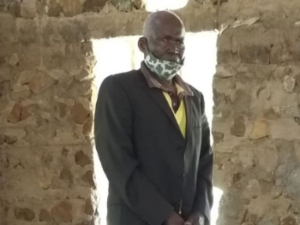
Mr. Mzee donated the land for St. Peter’s LCMC Kenya
The members of Ramba Lutheran Church worship in a metal shack they constructed by themselves on rented land. It’s located next to a noisy indigenous Africa Christian congregation. Their whose members were banging on drums and metal bars the whole time we were there. But the Kenyan Lutherans didn’t seem to notice their next-door neighbors. They hope someday to buy land and build their own permanent structure.
One of the churches that WELS funds helped to build is St. Peter’s in Kindu town. The congregation began meeting under a shade tree. They started building on land donated by Mr. Mzee, who was in attendance along with a dozen or so of his relatives when we visited. WELS helped the congregation put a roof on their sanctuary, just in time before the rainy season begins.
Former Zambia Missionary Dan Sargent wrote a blog post that featured Nyang’un Lutheran Church. The congregation has 120 members, half of which are widows. Many men age 25-45 died in the AIDS/HIV epidemic, leaving their wives and families behind. But the WELS has not abandoned LCMC Kenya. Our visit proves that LCMC Kenya has fellowship with Lutherans outside of their country.
WELS funds helped complete the construction of a chapel for the members of St. Paul’s Lutheran Church in the village of Ponge. The owner of the land where they were intending to build their church refused to join the LCMC Kenya. The majority of the members left and began building on another piece of land donated by an older woman. Samson Mambo, one of my Greek students, serves as their evangelist.
Preaching in Luo
I miss the privilege of preaching to a congregation every week. I was overjoyed and grateful that the members of St. Peter’s LCMC invited me to present a message from God’s word at their Sunday worship service. LCMC Kenya treasurer Paul Mboya picked me up from my bungalow in his Honda Odyssey. It’s not a vehicle built for dirt roads. He wound around in a corkscrew pattern to avoid the worst parts of the route. We left the minivan safely parked a quarter of a mile away from the sanctuary.
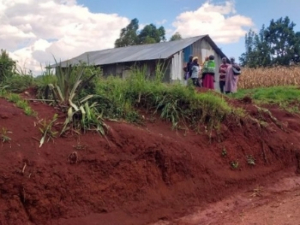
Othoro LCMC Kenya
The congregation conducts its worship services in the Luo language, so the pastor translated my English sermon sentence by sentence. I spoke on the gospel lesson from John 6. Jesus told his followers they must eat his flesh and drink his blood to live forever. The text goes on to say that most of the people abandoned Jesus after hearing this. So many people hope that God will perform miracles and shower financial blessings on them. This is a false theology of glory. True hope is found on the way of the cross, with real suffering and a real reward at the end. Jesus will remain with us forever.
After the service, we passed by the LCMC Kenya congregation in Othoro. These people started meeting on a rented piece of land. Then the owner forced them off of it when they joined the LCMC Kenya. They have made a down payment on a plot of land. It sits in the middle of a cornfield, where they have erected a simple chapel. They want to build a permanent structure after they finish paying for the land.
Leaders’ Workshop
We met with local LCMC Kenya leaders for a workshop at Kadie Lutheran Church. I presented a Bible study on Biblical principles of stewardship. Missionary Howard Mohlke gave a presentation on Church and Ministry. LCMC Leader Rev. Mark Onunda summarized what we said in Swahili because many of the older attendees did not speak any English at all.
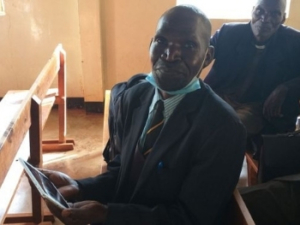
Richard Ombuyi serves Erandi LCMC Kenya
The leaders’ workshop was a perfect opportunity to share God’s Word digitally. We gave each attendee a microSD memory card with audio Bibles and the JESUS film in both Swahili and English. Most of the people had either a phone or a tablet with a memory slot. Some of the card slots were under the phone battery. Other phones had a tray that ejects when a metal pin is inserted into a hole. I improvised with a staple that I straightened out with my pocket tool.
Immediately after we installed the cards the room was filled with the sounds of the Bible and the JESUS film. Each card came with an 8 GB memory capacity, of which half was taken up with the prerecorded content. That allowed users to download other digital content that I had brought with me on a separate device. It’s a local wifi hub that serves as a digital library with 160 GB of Bible commentaries, movies, and music. WELS Multi-Language Productions made these gifts possible.
On the way back to Nairobi we stopped at Nyamarimba church. The building is a simple brick structure with mud daubed walls and iron sheet roofs. It is located on the property of one of the members. We also swung by Erandi, Rev. Mark Onunda’s home village. He started a congregation because the local Lutheran pastor wouldn’t let them use the church for his son’s funeral.
Nairobi
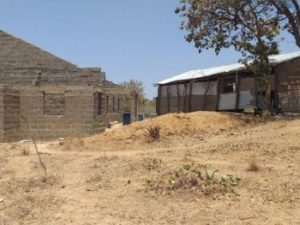
Mwingi LCMC Kenya future sanctuary (left) and current chapel (right)
We held a second leaders’ workshop in Nairobi. The attendees knew English so Rev. Onunda didn’t have to translate into Swahili. Their spiritual maturity about the opportunities and challenges of raising support for church work made an impression on me. They understand that stewardship is a matter of the heart, not technique.
Mwingi village is located about 3.5 hours east of Nairobi. It is a dry and dusty place where water is precious. WELS is helping the local congregation of 80 families complete a permanent structure. By themselves, they had laid the foundation and built up the wall about 3 feet off the ground.
I finished my visit to Kenya the same way I finished my first visit in 2019. I preached at the LCMC congregation in the town of Kitengela. A lot has happened since then. Three church leaders, including the pastor, went home to heaven. Because of COVID, the Kenyan government stopped churches from meeting for seven months. Because the congregation in Kitengela did not meet, they were in arrears in their rent payments. The landlord placed a padlock on their front door. After two months, the members came up with the money they owed. They hope to purchase a plot of land and put up their own building.
The members of the LCMC Kenya have great hope for their church body’s future. They have taken advantage of their own members’ resources. They also enjoy the assistance of their ministry partners in the WELS. The members of the LCMC Kenya are working hard to turn hope into reality.
Written by Rev. John Roebke, world missionary on the One Africa Team.
To view more photos from the trip to Africa, you can visit the Flickr site.

Learn about the ministry work of WELS Missions.
Support the ministry work of WELS Missions.
[fbcomments num=”5″]
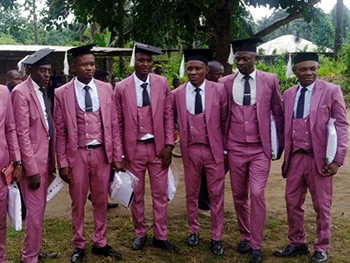
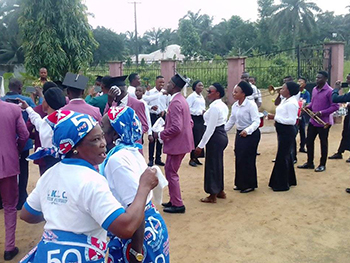

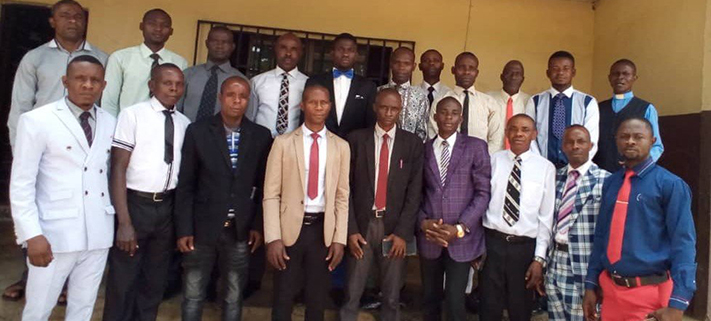
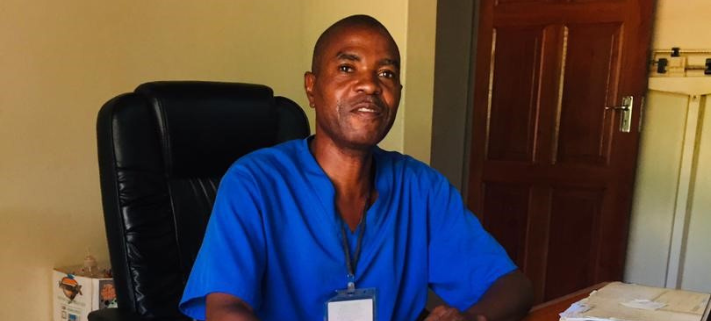
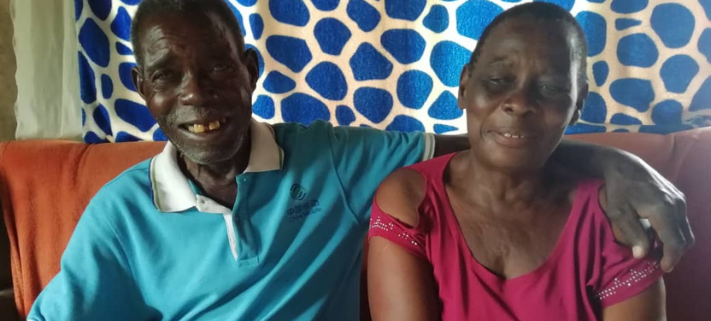
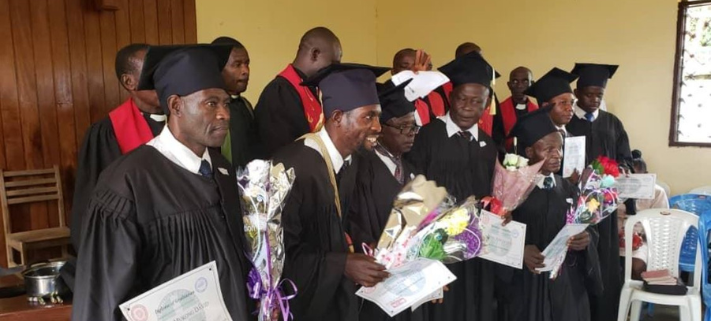
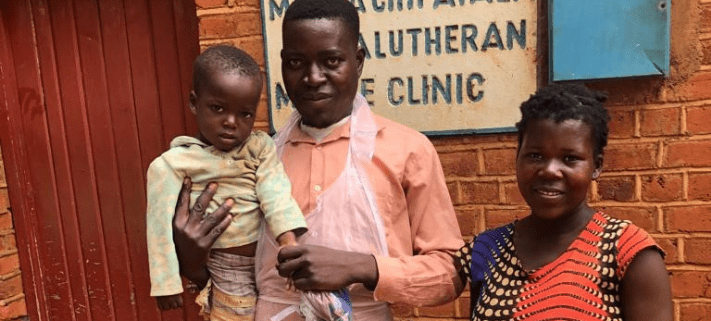

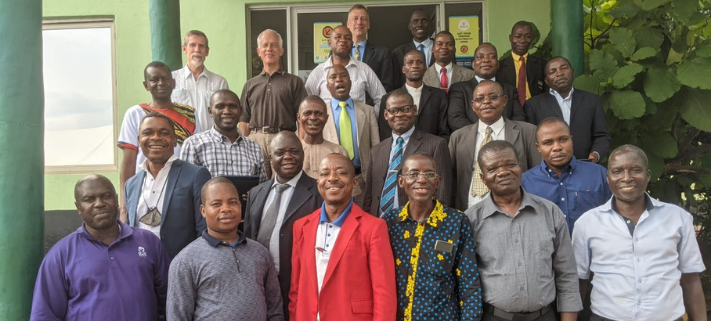
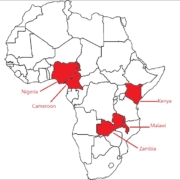
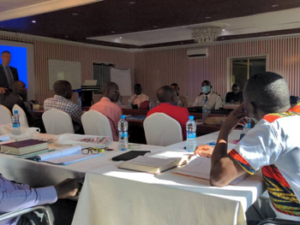
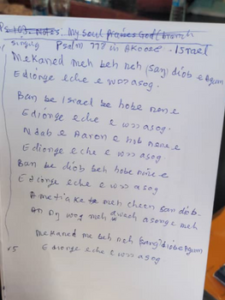
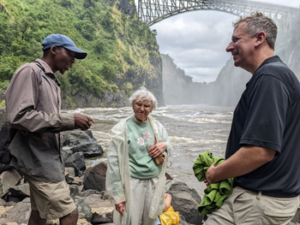
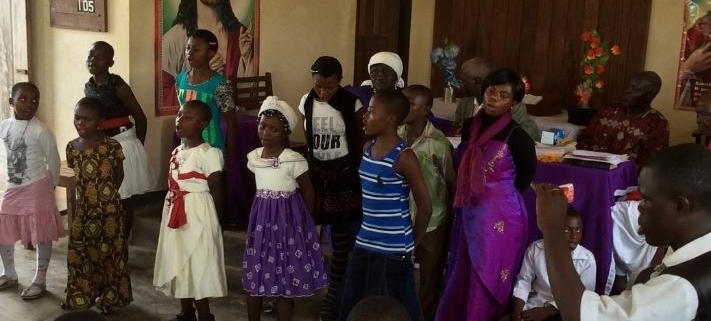
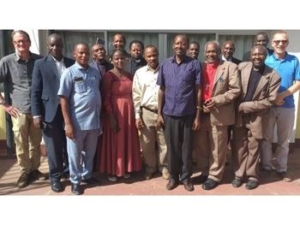
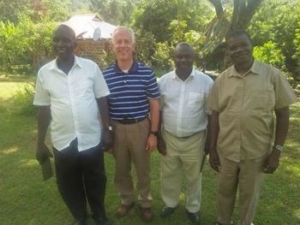
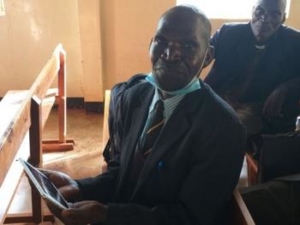
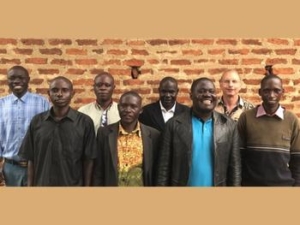
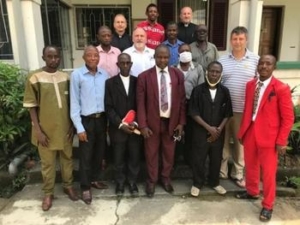
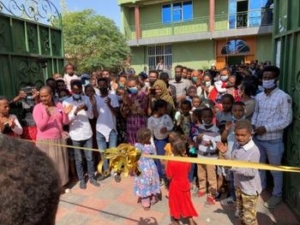

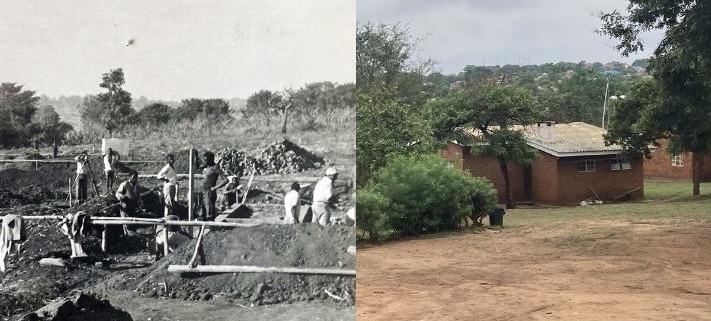
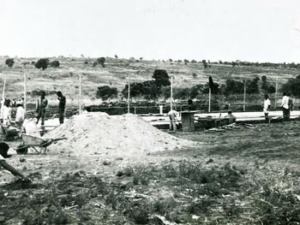
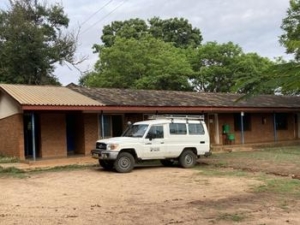 They’re flying on commercial airlines to train pastoral students in places like Cameroon and Uganda, Ethiopia and Kenya.
They’re flying on commercial airlines to train pastoral students in places like Cameroon and Uganda, Ethiopia and Kenya.
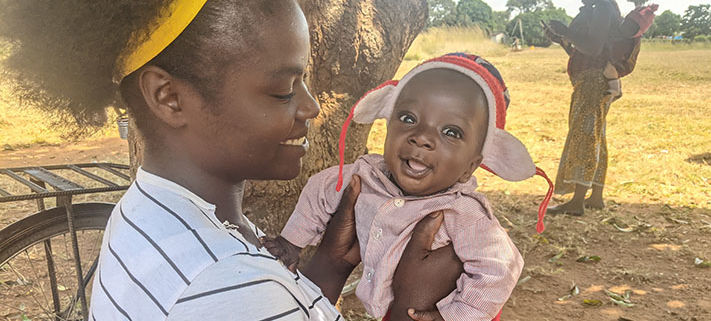
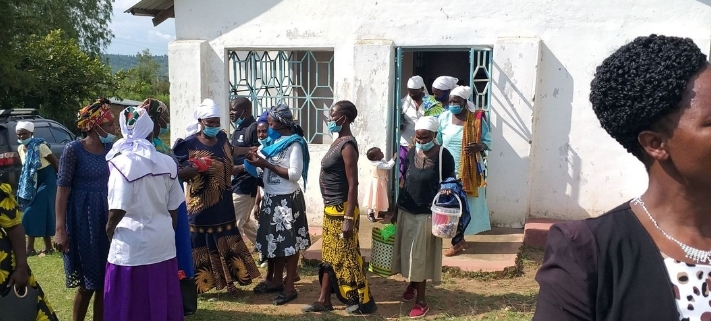






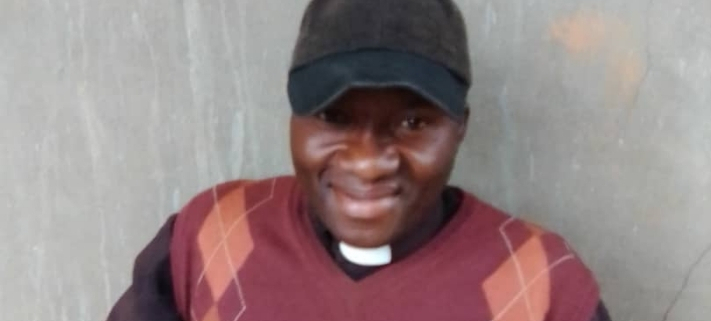
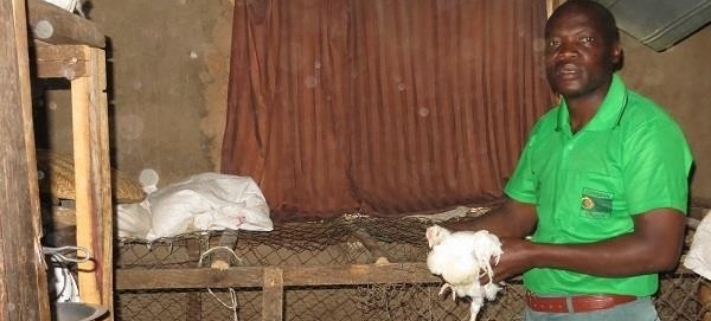
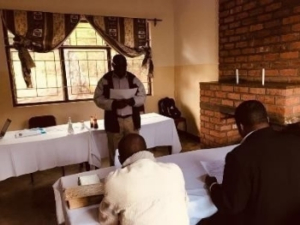
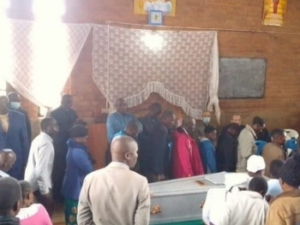
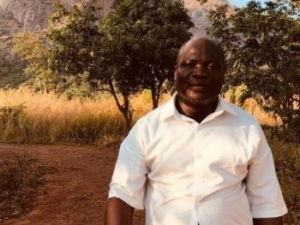
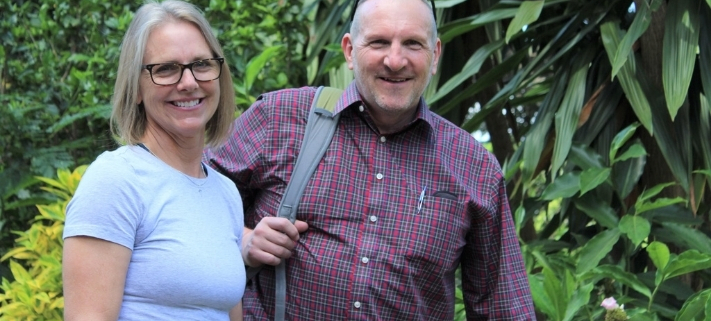
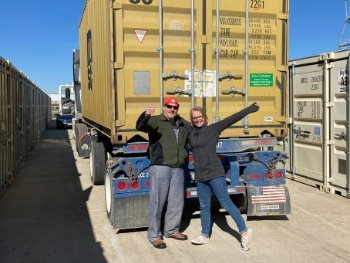
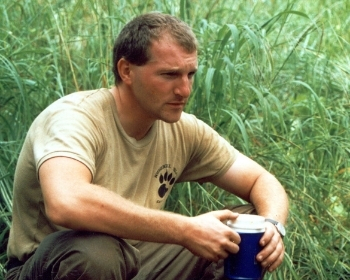
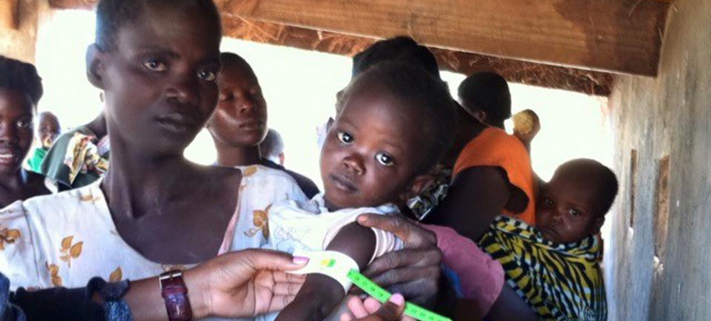
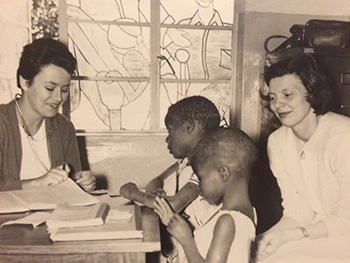
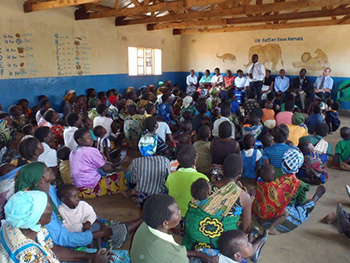
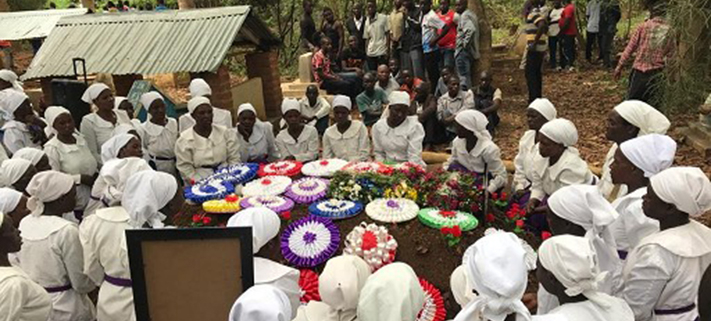
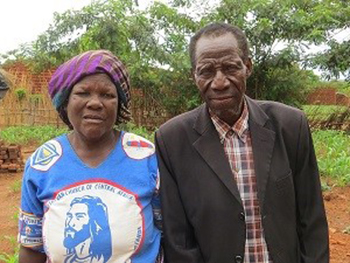
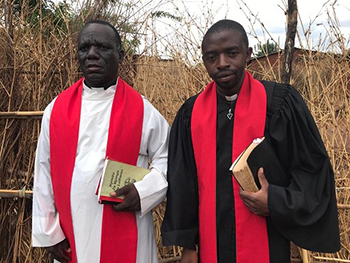
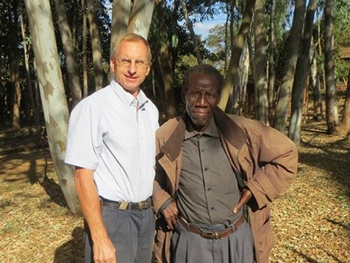
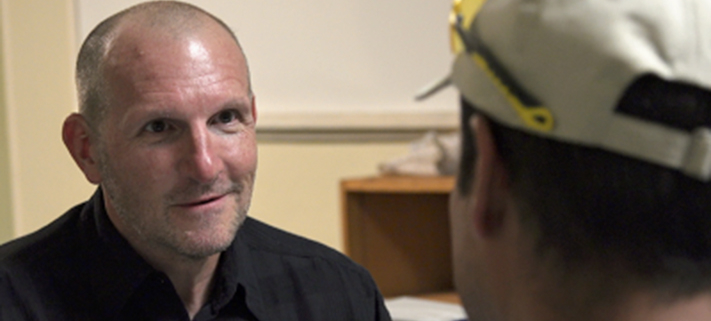

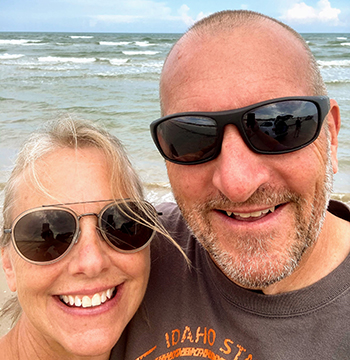
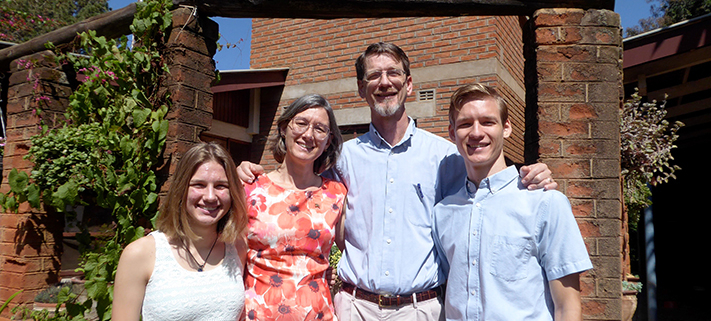
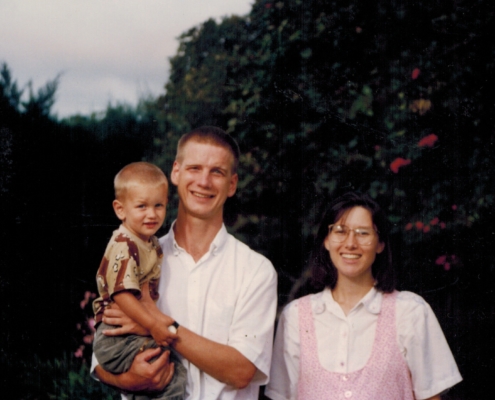
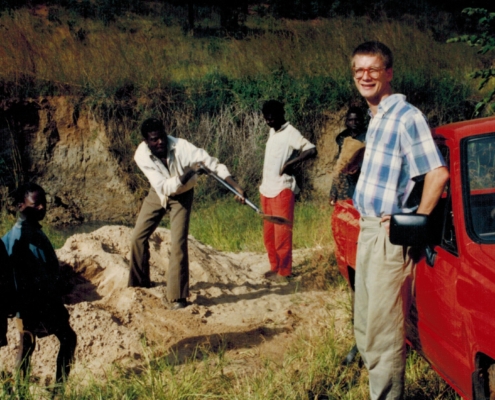
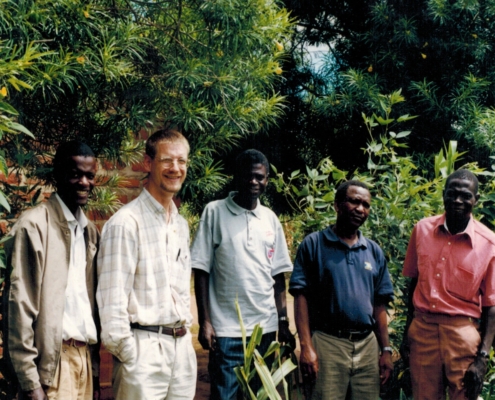
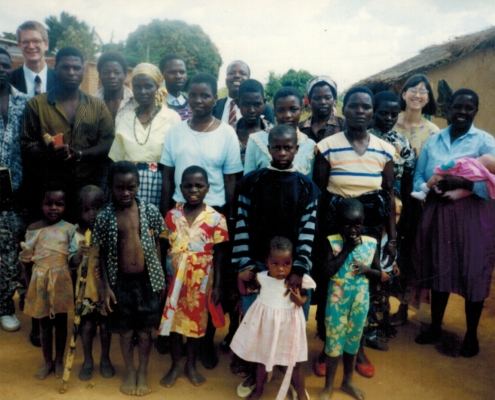
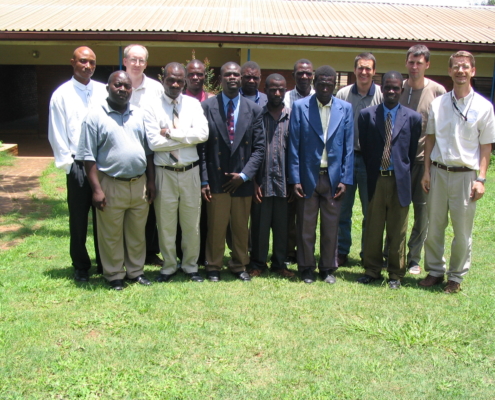
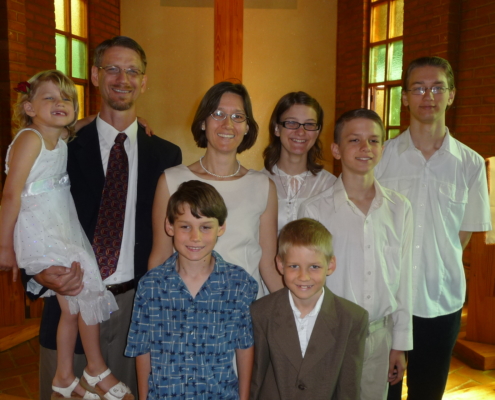
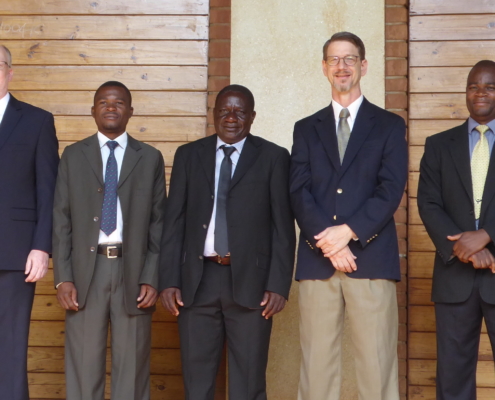
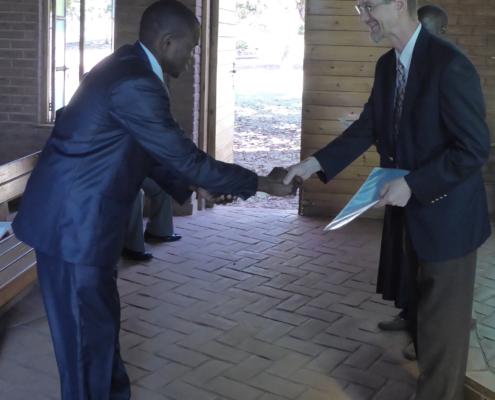
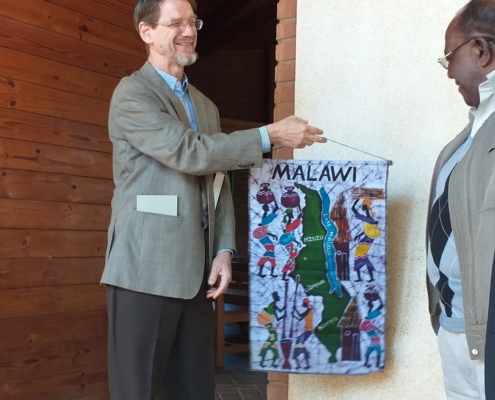
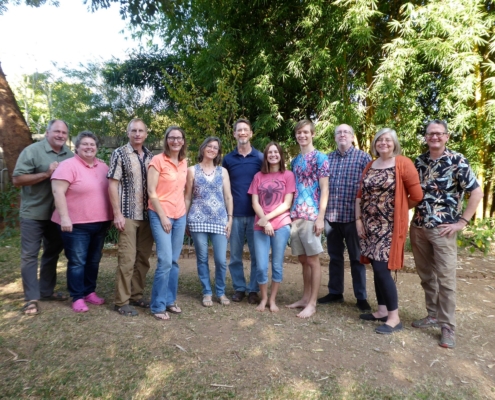
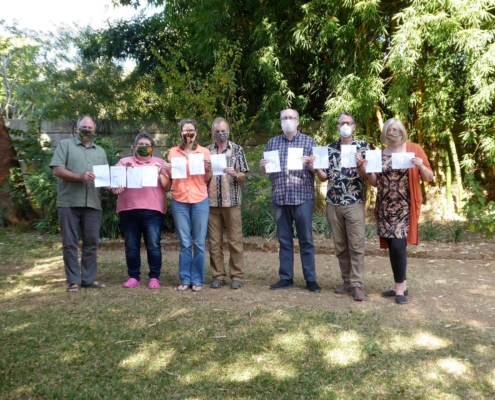
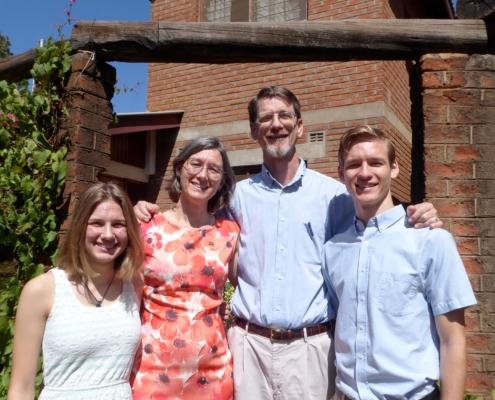
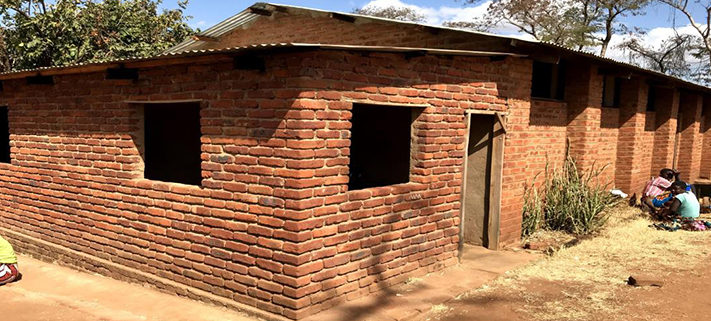
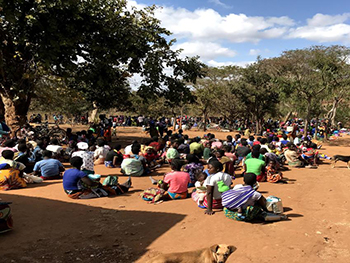
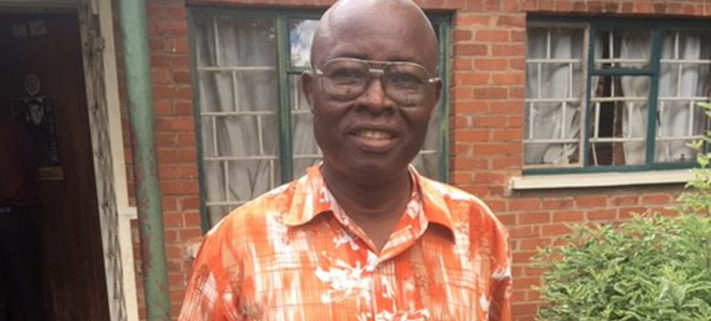
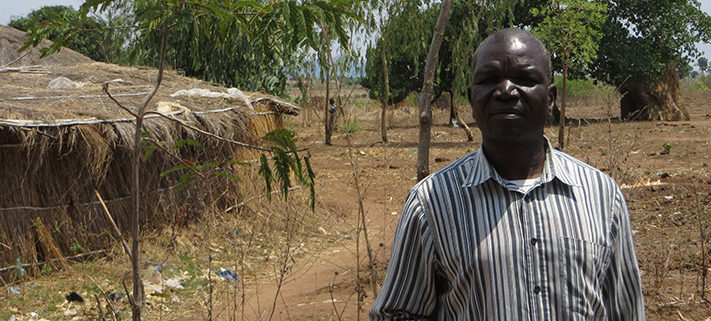
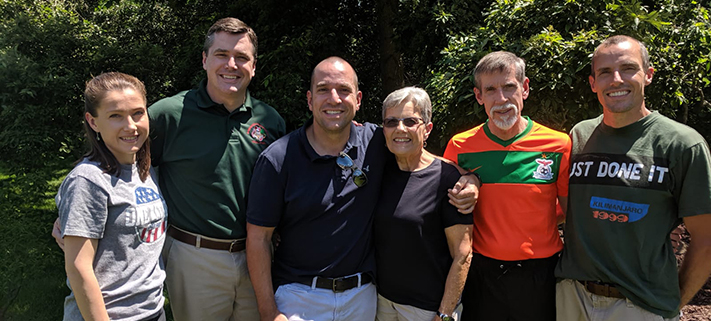
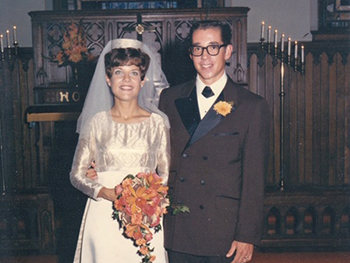
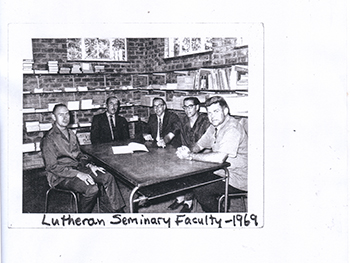
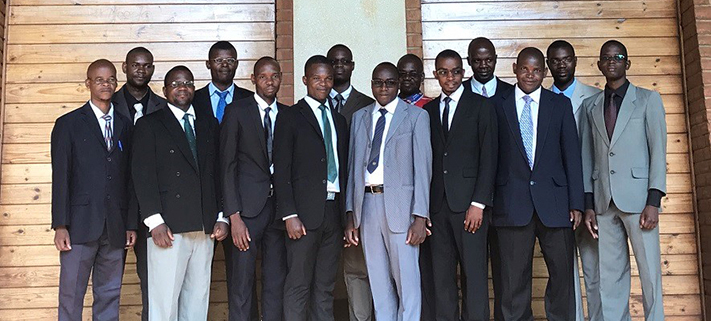
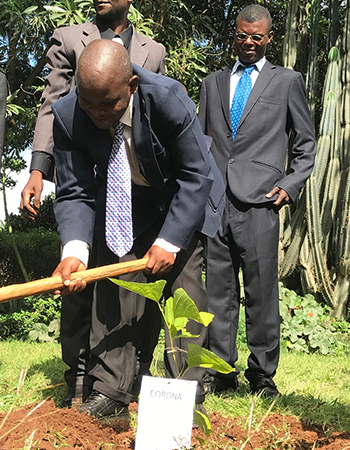
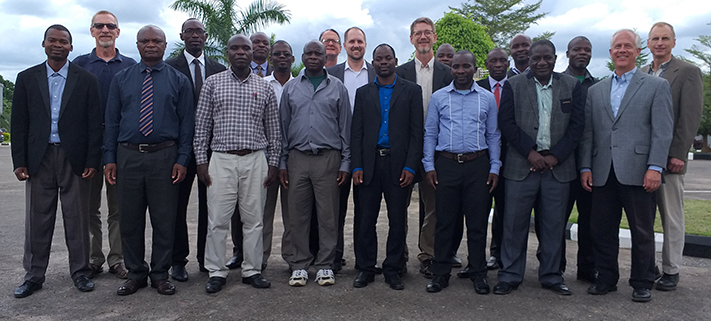
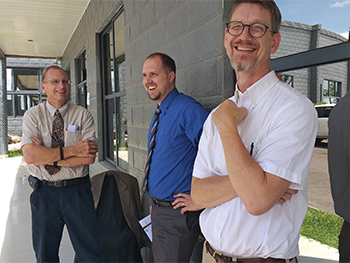
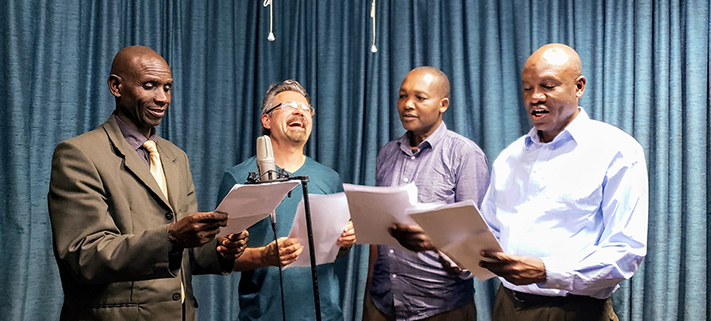
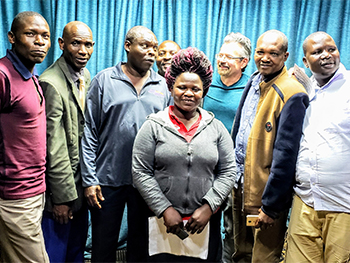
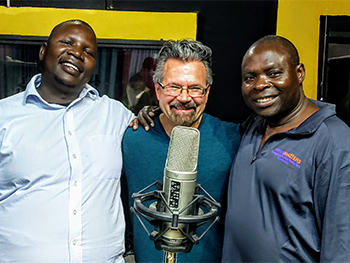
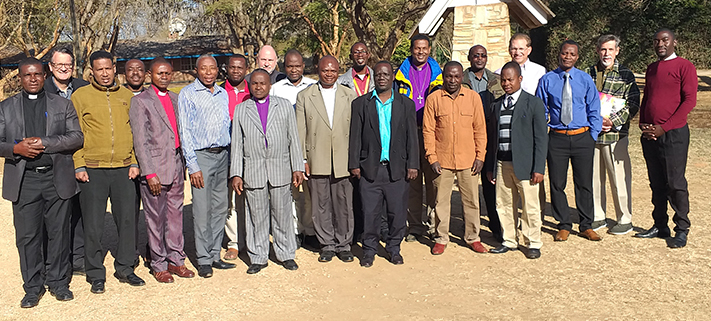
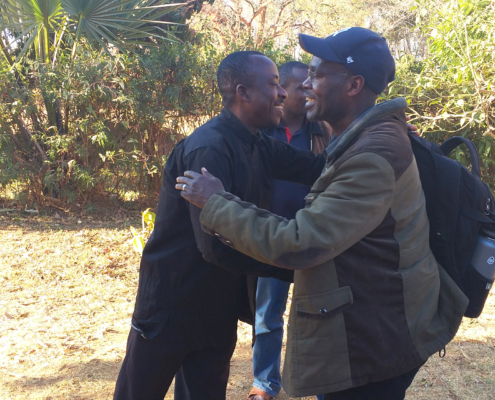
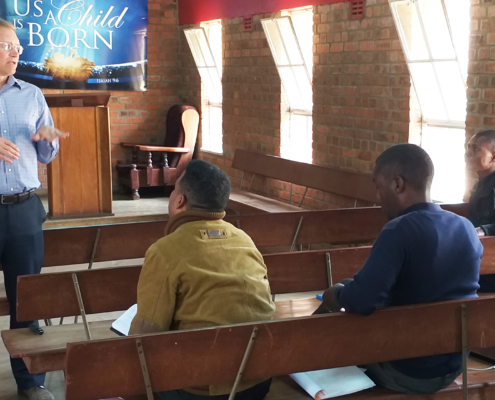
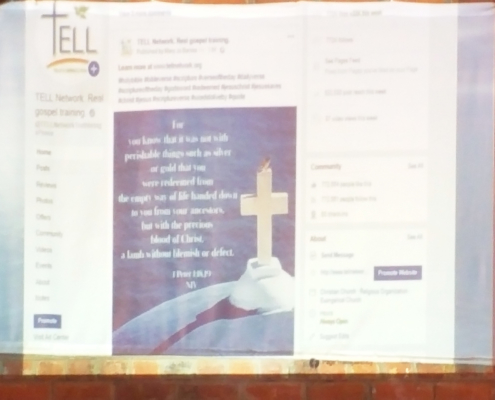
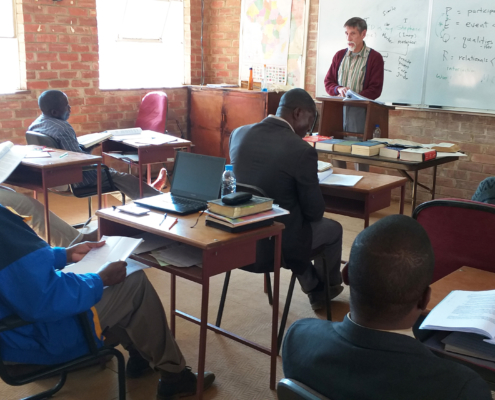
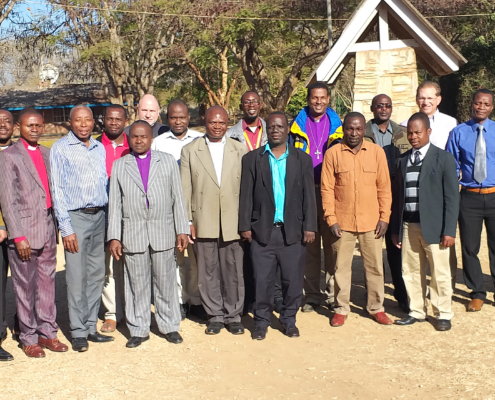
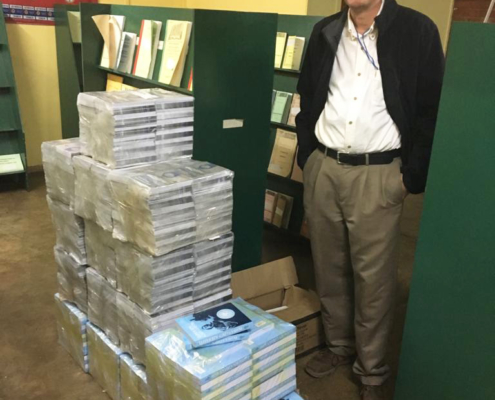
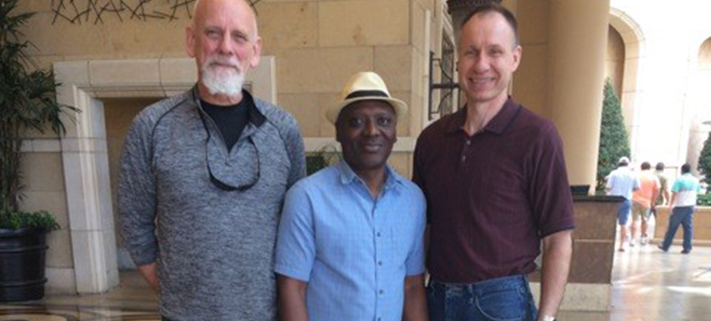
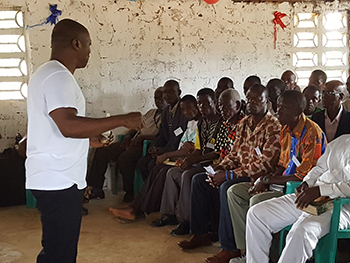
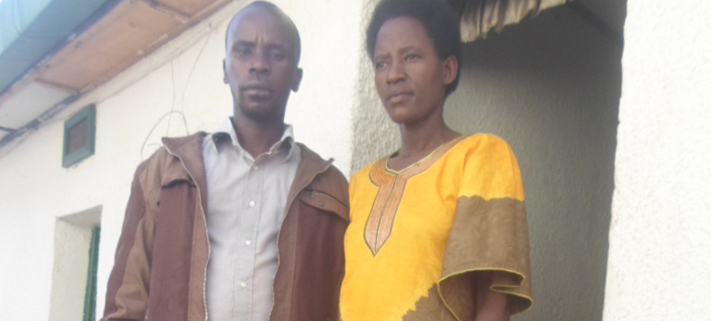
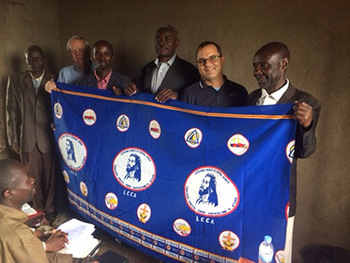
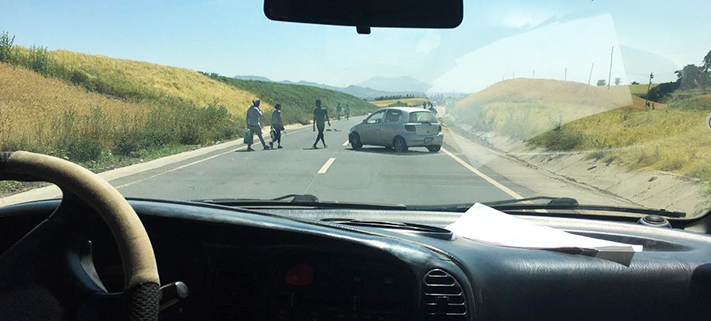
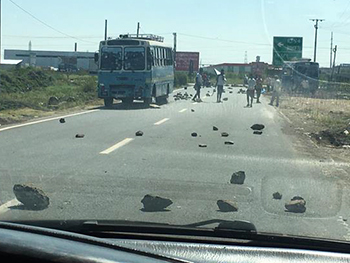 When the rioting broke out, the U.S. State Department issued a strong advisory that all U.S. citizens should return, if possible, to Ethiopia’s capital, Addis Ababa, by air travel or take shelter immediately. After some rather close encounters with armed mobs, World Missions Administrator Larry Schlomer and Professor Emeritus Forrest Bivens, who were already in Ethiopia for the planned events, were able to follow WELS Risk Management’s plans and make their way safely out of the country. WELS President Mark Schroeder, who arrived in Ethiopia just as the rioting began, was also able to return safely to the United States. All representatives from other African countries and WELS missionaries were also able to depart safely.
When the rioting broke out, the U.S. State Department issued a strong advisory that all U.S. citizens should return, if possible, to Ethiopia’s capital, Addis Ababa, by air travel or take shelter immediately. After some rather close encounters with armed mobs, World Missions Administrator Larry Schlomer and Professor Emeritus Forrest Bivens, who were already in Ethiopia for the planned events, were able to follow WELS Risk Management’s plans and make their way safely out of the country. WELS President Mark Schroeder, who arrived in Ethiopia just as the rioting began, was also able to return safely to the United States. All representatives from other African countries and WELS missionaries were also able to depart safely.